Cockatiel Bird Singing: How To Unlock the Best Heartwarming Melodies
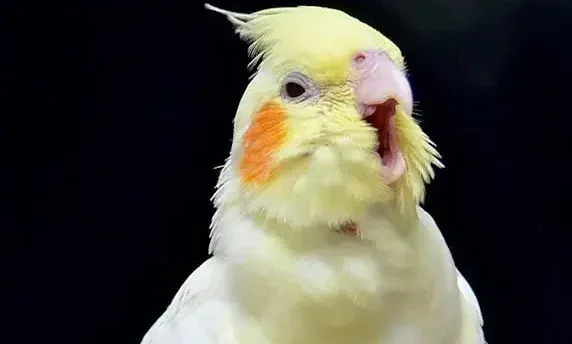
Do you delight in the cheerful chirps and whistles of your cockatiel? Or perhaps, you wish your little companion was a bit more vocal. The world of cockatiel bird singing is fascinating and surprisingly complex. It’s not just about beautiful sounds; it’s about communication, bonding, and even your bird’s emotional well-being. If you’ve ever wondered why your cockatiel sings, how to encourage more musical moments, or what all those sounds mean, you’ve come to the right place. This guide will delve into everything you need to know about cockatiel vocalizations, from their natural tendencies to techniques for teaching your bird to truly sing.
Table of Contents
Understanding Cockatiel Vocalization: More Than Just Singing
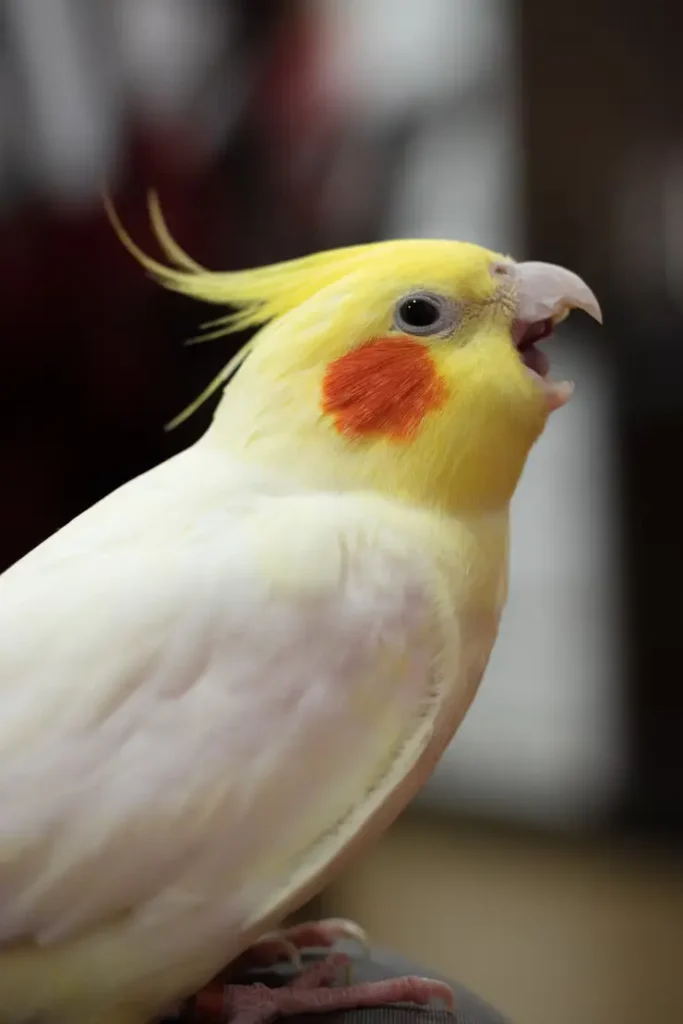
Cockatiel vocalization isn’t simply ‘singing’ in the human sense. It’s a wide range of sounds used for different purposes. Before we dive into how to encourage your cockatiel bird vocalization, let’s break down what these sounds mean.
- Whistling: Often a sign of contentment, but also used for attention-seeking.
- Chirping: General communication, often used between flock members (even if your bird’s flock is just you!).
- Screaming: Can indicate distress, fear, loneliness, or a need for attention. (Important to address the underlying cause!).
- Talking/Mimicry: Cockatiels are renowned mimics; they can learn phrases, ringtones, and even other animal sounds!
- Singing: A more complex vocalization, often involving a series of varied notes and rhythms. This can be natural or learned.
Understanding these different sounds is key to responding appropriately to your bird’s needs. It’s about truly listening to what your cockatiel is trying to tell you.
Why Do Cockatiels Sing? Exploring Cockatiel Singing Behavior
So why does your cockatiel engage in this delightful bird singing? Several factors are at play:
- Establishing Territory: In the wild, vocalization broadcasts a bird’s presence and claims its space. Even domesticated cockatiels retain this instinct.
- Attracting a Mate: Male cockatiels, especially, will sing to attract females during breeding season.
- Bonding and Socialization: Singing strengthens the bond between flock members—and that includes you! They sing to communicate with those they trust.
- Emotional Expression: Just like us, cockatiels can express excitement, happiness, or even frustration through vocalizations.
- Boredom Relief: A bored cockatiel might start singing simply to entertain itself.
Observing when your cockatiel sings can offer valuable clues. Do they sing most often when you’re home? When they see their reflection? Or perhaps when they hear a particular sound?
Can You Teach Your Cockatiel to Sing?
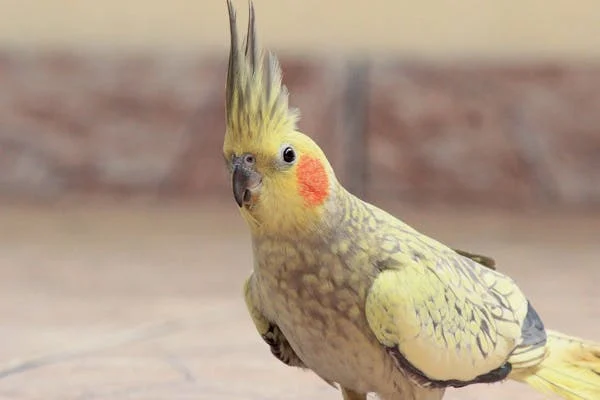
Absolutely! While some cockatiels are naturally more inclined to sing than others, you can certainly encourage and even teach your bird. Here’s how:
1. Positive Reinforcement is Key
Your cockatiel responds best to positive reinforcement. When your bird makes any attempt at a musical sound – even a simple chirp that resembles singing – reward them immediately with praise, a favorite treat, or a head scratch.
2. Repetition and Exposure
Cockatiels learn by repetition. Regularly play short, simple melodies for your bird. Consider these techniques:
- Looping Music: Choose a song with a clear melody and loop it for a set period each day.
- Singing Yourself: Yes, sing to your cockatiel! They will readily pick up your melodies.
- Whistling: Many cockatiels enjoy learning and mimicking whistles.
3. Interactive Training Sessions
Dedicate short, focused sessions (5-10 minutes) to vocal training.
- Whistle a simple tune: See if your cockatiel will attempt to copy it.
- Use a consistent phrase: Repeat a short phrase like “Pretty bird, sing!” each time you encourage singing.
- Mirroring: Position a mirror where your cockatiel can see themselves while you sing or whistle. They may be encouraged to respond.
The Best Songs for Cockatiels: What Melodies Do They Love?
While cockatiels don’t necessarily prefer specific genres, some musical qualities seem to appeal to them more.
- Simple Melodies: Easy-to-follow tunes are easier for them to learn. Think nursery rhymes or children’s songs.
- High-Pitched Sounds: Cockatiels generally respond well to higher frequencies, like those found in flute or violin music.
- Playful Tempo: Upbeat and cheerful melodies can stimulate vocalization.
Here’s a small “Cockatiel Song List” to get you started:
| Song Title | Artist/Type | Why it Works |
|---|---|---|
| “Twinkle Twinkle Little Star” | Nursery Rhyme | Simple melody, familiar |
| “Mary Had a Little Lamb” | Nursery Rhyme | Repetitive, easy to grasp |
| Classical Flute Music | Various | High-pitched, calming |
| Upbeat Pop Songs (instrumental) | Various | Playful tempo, engaging |
Important Note: Avoid excessively loud music, as it can stress your bird. Monitor their body language for signs of discomfort.
Cockatiel Mimicry: Expanding Beyond Singing
Cockatiels aren’t just limited to songs. Their remarkable ability to mimic sounds opens up a whole new world of vocal possibilities. They can learn:
- Human Speech: Some cockatiels become quite proficient at mimicking words and phrases.
- Household Noises: Doorbell rings, phone alerts, microwave beeps – you name it, they might learn it!
- Other Animal Sounds: From meows to dog barks, anything is fair game.
Encourage mimicry by repeating sounds and phrases clearly and consistently. Associate these sounds with positive reinforcement.
Cockatiel Music Training: Advanced Techniques
Once your cockatiel is responding to your encouragement, you can try these more advanced techniques:
- Vocal Imitation Games: Sing a short phrase, then pause and wait for your cockatiel to attempt a response.
- Soundboard Apps: Use apps that create a variety of bird calls and vocalizations to pique your bird’s interest.
- Record and Playback: Record your cockatiel’s attempts at vocalization and play it back to them. This can both encourage them and help you identify areas where they need more practice.
What If Your Cockatiel Isn’t Singing? Troubleshooting Tips
If your cockatiel isn’t singing despite your best efforts, don’t despair! Here are a few things to consider:
- Age: Younger cockatiels (babies and juveniles) may not yet have developed their full vocal range.
- Personality: Some birds are naturally quieter than others.
- Environment: A stressful or noisy environment can inhibit singing.
- Health: A sick or unwell cockatiel is unlikely to sing. If you notice a sudden change in your bird’s vocal behavior, consult a veterinarian.
- Boredom: Ensure your bird has plenty of toys, enrichment activities, and social interaction.
Frequently Asked Questions (FAQ) about Cockatiel Bird Singing
Q: At what age do cockatiels usually start singing?
A: Most cockatiels begin showing vocalizations, including chirping and whistling, within a few months of hatching. However, true “singing” – more complex, melodic vocalizations – typically develops between 6 months and a year of age.
Q: My cockatiel only whistles. Is that normal?
A: Yes! Whistling is a perfectly normal and common form of communication for cockatiels. Some birds simply prefer whistling to singing.
Q: My cockatiel used to sing, but stopped. What could be the reason?
A: Several factors could contribute to this. A change in environment, stress, illness, boredom, or lack of stimulation could all be potential causes. Rule out any medical issues first, then focus on enriching your bird’s environment.
Q: How long should I train my cockatiel to sing each day?
A: Short, frequent sessions (5-10 minutes) are more effective than long, infrequent ones. Consistency is key!
Final Thoughts: Embrace the Melody!
Cockatiel bird singing is a source of joy for both you and your feathered companion. By understanding their vocalizations, providing encouragement, and creating a stimulating environment, you can unlock their melodic potential and deepen your bond. Remember, patience is key. Every cockatiel is unique, and some may take longer to develop their singing voices than others.
Don’t forget to share your own experiences with teaching your cockatiel to sing in the comments below! And if you’re looking for more heartwarming stories about the special connections we share with our birds, be sure to check out https://magicalpetbird.com/heartwarming-pet-bird-stories-that-will-make-yo/. You can also find more helpful information on https://magicalpetbird.com/bird-care/bird-behavior/ to help enrich your bird’s life. Let’s keep the melodies flowing!

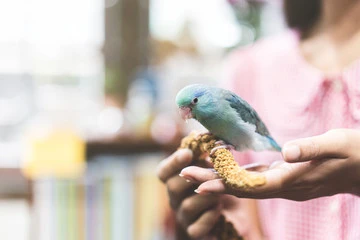
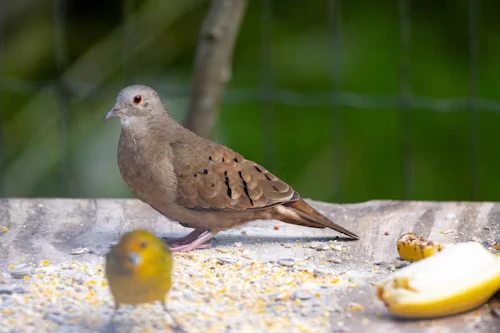
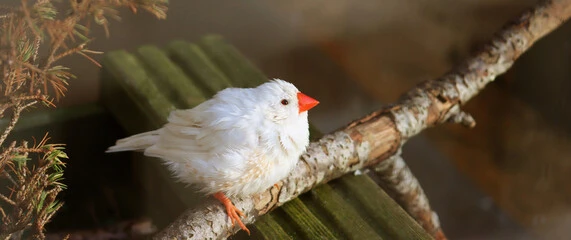
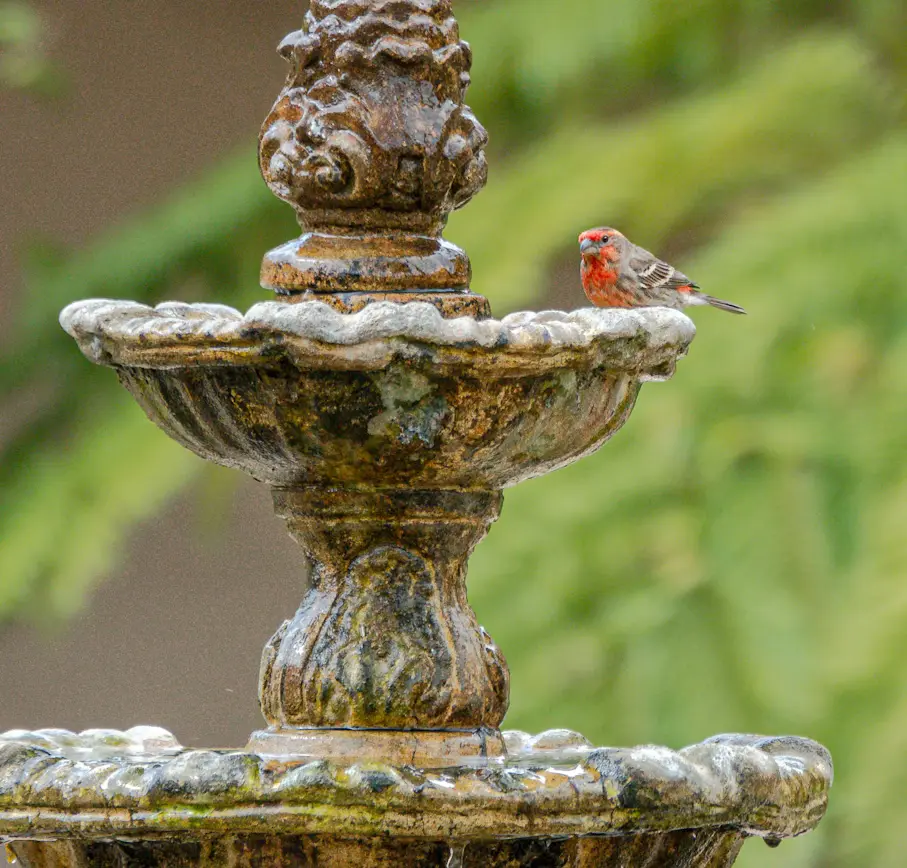
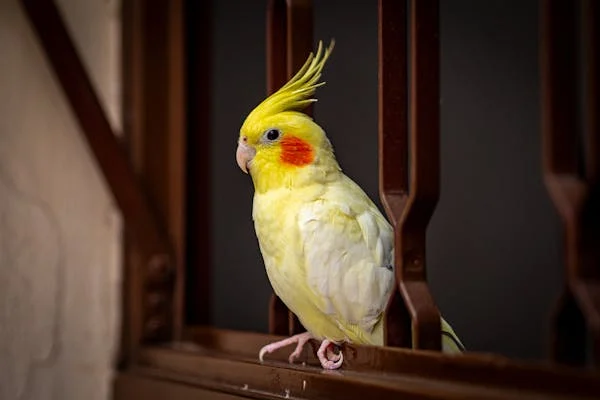

2 Comments